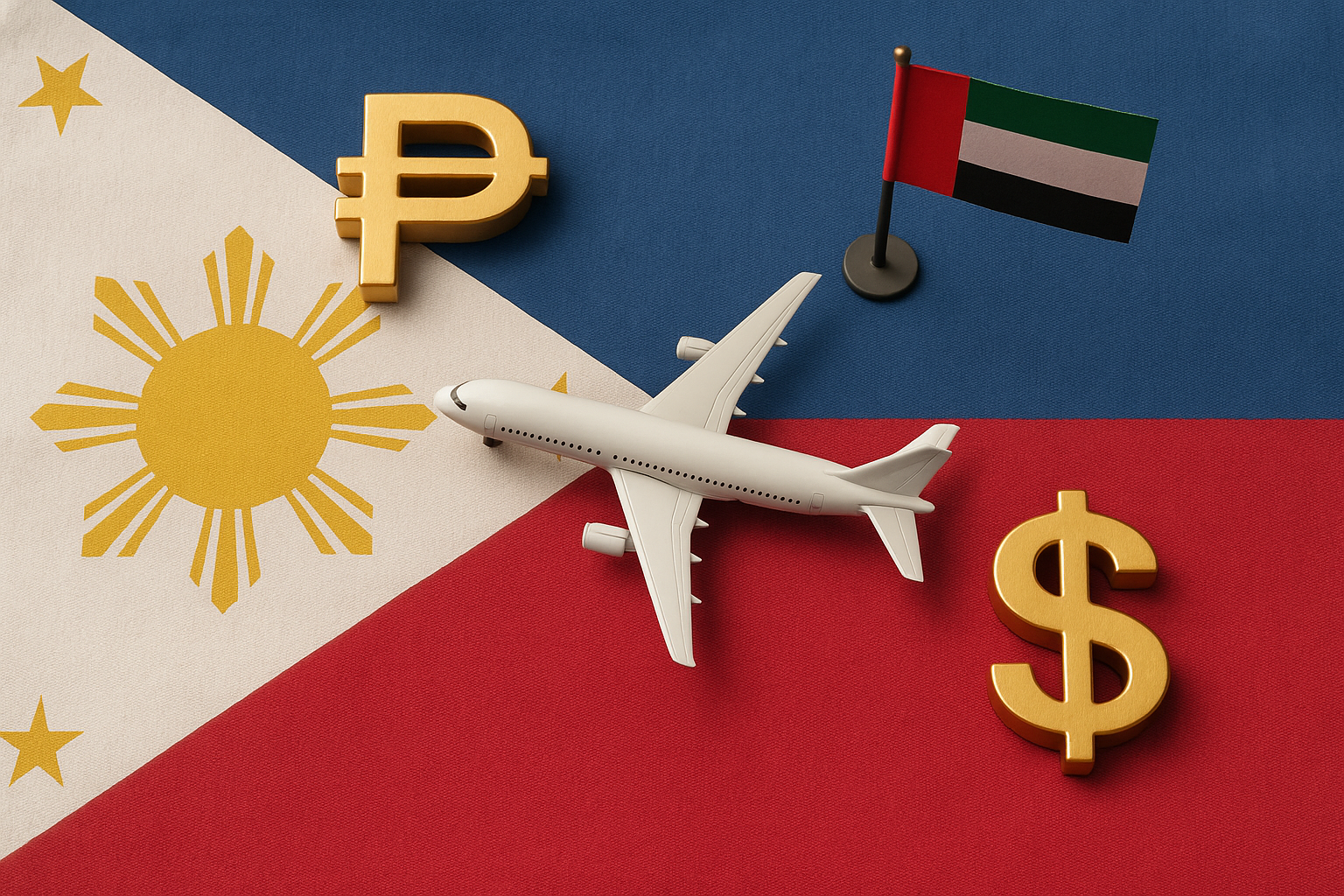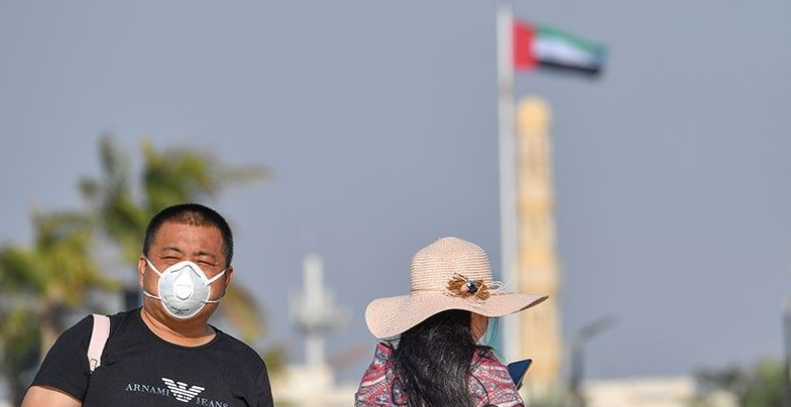
The Philippine Department of Migrant Workers has instructed that the minimum monthly wage for Filipino domestic workers be increased from US$400 to US$500, effective October 22, 2025. This policy aims to recover purchasing power lost over nearly two decades and to strengthen deployment safeguards for Filipino workers abroad. The move aligns with broader calls to implement standards consistent with International Labor Organization guidance on domestic work.
Filipino domestic workers: Scope and Implementation
The wage adjustment applies to newly hired domestic workers and those returning to employment. The Department provided a transition period for employers and recruitment agencies to align contracts and payrolls. Migrant workers offices are tasked with coordinating with host governments and recruitment partners to facilitate adoption and monitor compliance during the transition

Regional context
Responses across Gulf states vary because local labor laws and employer agreements influence actual pay. Observers noted that implementation requires bilateral engagement in jurisdictions such as Kuwait where domestic wage frameworks differ. The announcement has already influenced recruitment interest and employer demand in the region.
Implications for employers and OFWs
For employers, the mandated increase will likely raise direct labor costs and may require adjustments to recruitment budgets, contract templates, and payroll systems. Recruitment agencies and employers should review unified contracts promptly to reflect the new wage floor, revise fee schedules where appropriate, and ensure transparent communication with prospective hires. Employers who invest in clearer job descriptions, documented working hours, and contractual benefits are more likely to secure reliable long term domestic staff and reduce turnover.
For OFWs generally and for OFW Dubai and OFW UAE communities in particular, the wage adjustment represents a tangible recognition of domestic work and may improve livelihood stability, savings potential, and worker morale if it is fully implemented. Governments, recruitment agencies, employers, and Philippine consular offices should coordinate to ensure that the increase translates into actual take home pay rather than being offset by hidden fees, unauthorized deductions, or improper contract substitutions.
Read More:
UAE Golden Visa for Content Creators & Creative Professionals
Top 7 Most Popular UAE Visas for Visit, Work & Investment
Monitoring, Transparency, and Bilateral Cooperation
Monitoring, transparency, and bilateral cooperation will determine whether the wage floor yields durable benefits. Employers who proactively comply will benefit from greater staff retention and improved reputation. OFWs and OFW Dubai and OFW UAE networks should be supported with clear guidance on their rights and avenues for redress to ensure that the intended gains become real improvements in working and living conditions.

Conclusion
The DMW’s wage adjustment marks a significant step toward correcting long-standing undervaluation of Filipino domestic work by restoring purchasing power and reinforcing deployment standards. Its success, however, will depend on rigorous enforcement, clear contractual transparency, and active bilateral cooperation with host countries. Employers, recruitment agencies, and Philippine consular services must implement the change in good faith, while OFWs, including OFW Dubai and OFW UAE communities, require accessible information and effective complaint mechanisms. To maximize impact, the wage floor should be paired with social protection, medical coverage, skills development, and measurable monitoring to ensure real and lasting improvements in workers’ lives.


